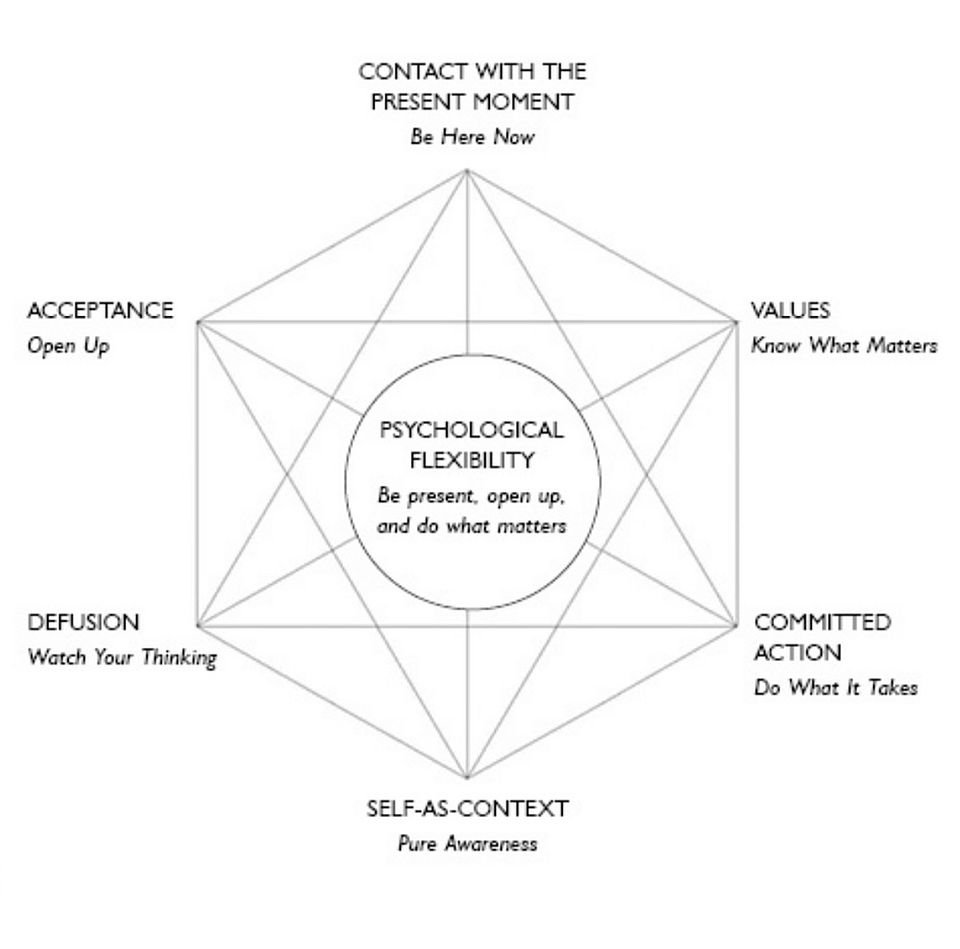Cognitive Behavioural Therapy (CBT) is an umbrella term for multiple therapeutic approaches that focus on understanding how our thinking and behaviour affect the way we feel.
What’s at its core?
At its core, CBT therapy involves learning and developing tools and skills for psychological flexibility. Rather than fighting against or submitting to life’s challenges, you will be empowered to adapt and thrive.
Psychological Flexibility, how do you develop this?
This is developed through learning to observe our thoughts and feelings without judgment, challenge the deeply held beliefs that maintain our emotional disturbance, and curb the urge to act impulsively. By developing these techniques, individuals learn to navigate life’s challenges more effectively, resulting in healthier choices being made and pursuing meaningful goals in the face of difficulty.
The origins of CBT thought lie with the stoics.
2000 years ago a Greek philosopher, Epictetus was known to have said:
This insight is empowering.
For instance, someone's behavior doesn’t make me angry; I make myself angry about their behavior. We often try to force our environment to fit our lives to avoid discomfort. Our attitudes might be: “You absolutely shouldn't treat me like this.” Unfortunately, we can't ensure people will treat us favorably, leading to an emotional mix of anger and hurt when they don’t.
CBT empowers us to change our feelings by focusing on what we can control, as shown in the image: (1) our circle of control, (2) our circle of influence, and (3) our circle of concern. With this example, we can learn a more accepting attitude toward others: “I would like you to treat me well, but I accept you don’t have to.”
Instead of going into anger and hurt, we can maintain a sense of annoyance and disappointment that our wish wasn’t met. This approach creates space for resolving conflict rather than prolonging the struggle.
CBT has evolved significantly since its inception.
It has led to the development of third-wave therapies, which integrate traditional CBT techniques with new approaches that emphasise mindfulness, acceptance, and contextual understanding of thoughts and emotions.
Third-wave therapies.
Acceptance and Commitment Therapy (ACT), Dialectical Behavior Therapy (DBT), and Mindfulness-Based Cognitive Therapy (MBCT), are built on these foundations by incorporating mindfulness practices and acceptance strategies.
These therapies aim to enhance psychological flexibility, helping individuals to accept and live with distressing thoughts and emotions rather than trying to eliminate them, and to commit to actions aligned with their values.
This evolution reflects a broader understanding of human psychology, recognising the importance of holistic, context-sensitive approaches to mental health.


